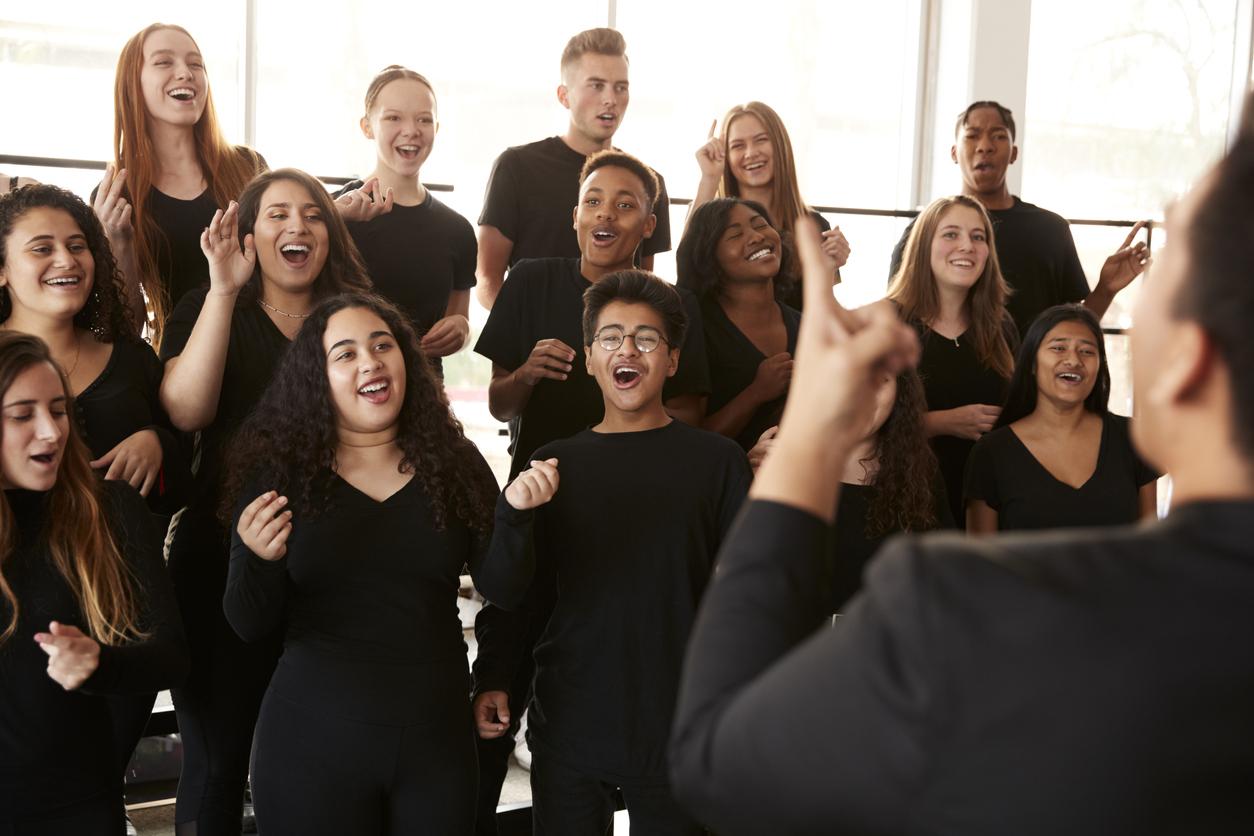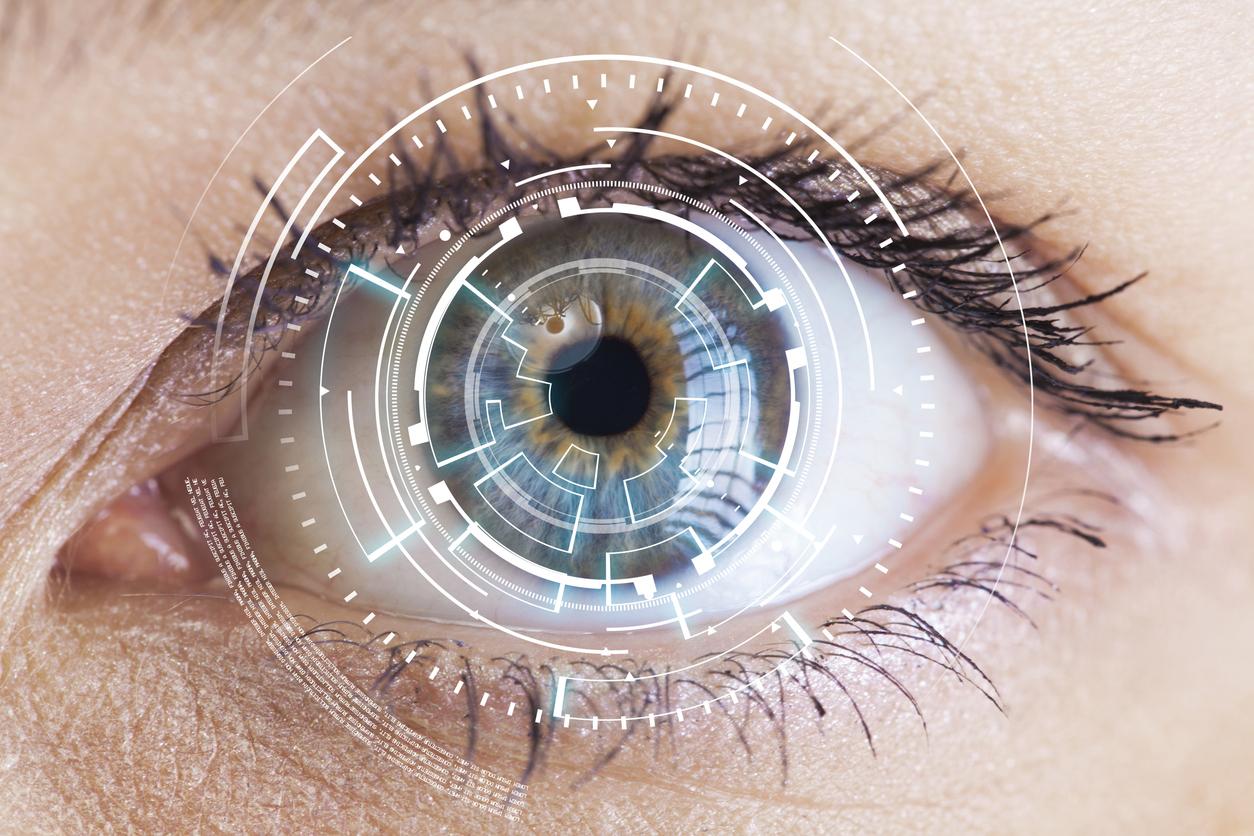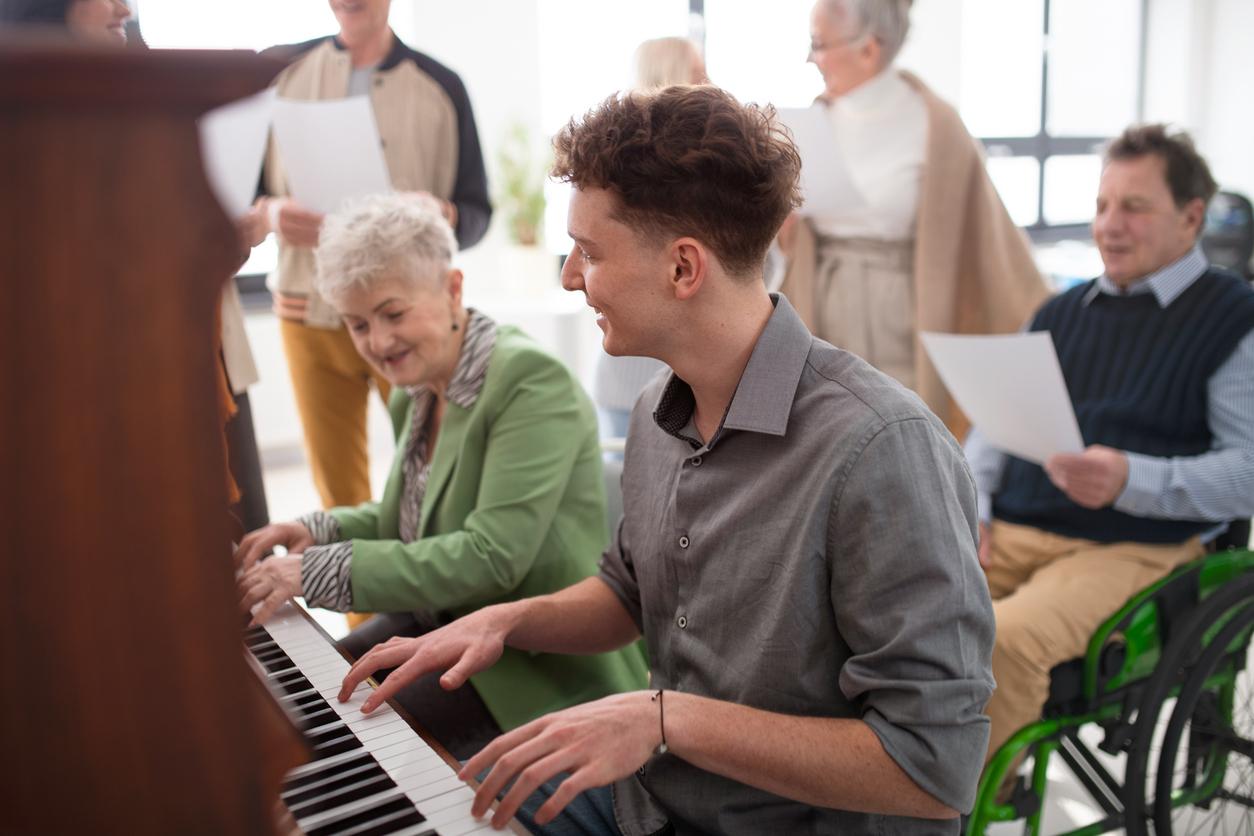Loss of speech or difficulty speaking are common sequelae of stroke. A study from the University of Helsinki reveals that language recovery can be promoted by singing. Explanation.

- Stroke occurs when blood flow to or within the brain is interrupted by a blocked blood vessel (ischemic stroke) or a ruptured blood vessel (hemorrhagic stroke).
- Stroke is the leading cause of acquired disability in adults. 60% of patients recover their independence.
About 40% of stroke survivors have aphasia, which is difficulty understanding or producing spoken or written language. In half of these cases, this disorder still persists a year after the stroke.
According to a new study by researchers from theuniversity of helsinkisinging-based group rehabilitation helps patients regain more fluent speech.
Stroke: singing helps to regain the use of language
The scientists brought together 54 people with aphasia and 43 caregivers. Half of them benefited from the standard care prescribed after a stroke while the others took part in singing lessons once a week for 16 weeks.
During these one-hour sessions, participants learned to sing in a choir. They also followed a melodic and rhythmic therapy (Melodic Intonation Therapy or MIT) of 30 min once a week. With this method, speaking is practiced gradually using melody and rhythm to move from singing to speaking. These rehabilitation sessions were led by a music therapist and a trained choir director. The patients also took part in singing training at home via a tablet (3 times a week).
Five months after the start of treatments, singing rehabilitation showed better improvement in everyday communication in stroke victims compared to standard treatments. Reactive speech production was also greater. The results obtained during the 9-month follow-up confirmed the benefit of music.
Singing and stroke: benefits also for caregivers
Singing is not only beneficial for relearning language. Aphasic patients participating in group music lessons report an improvement in their social interactions.
Music therapy also has a positive impact on loved ones. “The burden experienced by family caregivers participating in the study has also decreased significantly”, write the scientists. They therefore recommend that group rehabilitation based on singing be used in the treatment of aphasia.
“In addition to speech production training, group rehabilitation provides an excellent opportunity for peer support for both patients and their families.“, concludes Sini-Tuuli Siponkoski, co-author of the study.















